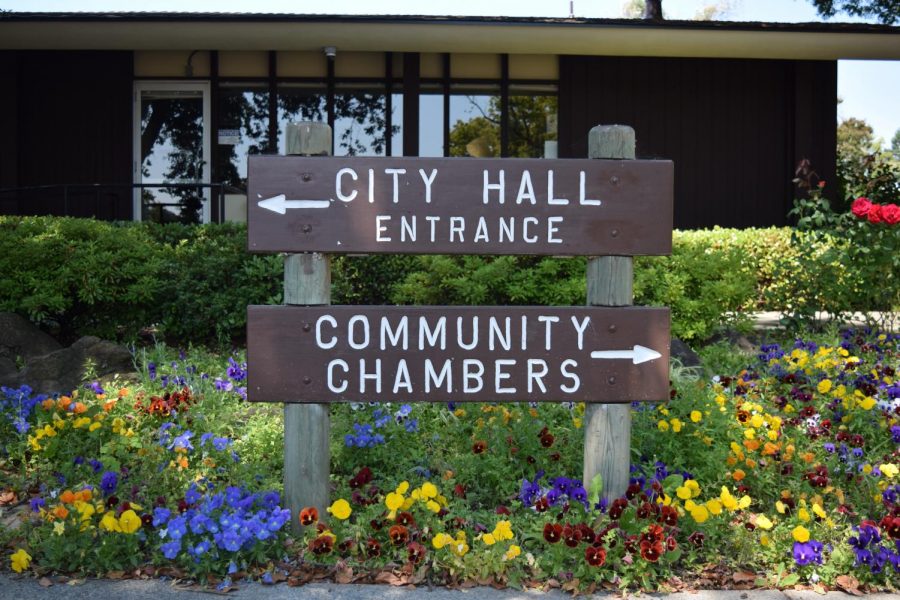Los Altos announces program to improve emergency preparedness
The City of Los Altos announced on Monday, March 8 the release of the 2020–2021 Community and Emergency Preparedness Grants Program, which aims to strengthen neighborhood preparedness during disasters by providing residents with readiness packages including training on life-saving techniques, handheld radios and emergency medical kits.
The City of Los Altos announced on Monday, March 8 the release of the 2020–2021 Community and Emergency Preparedness Grants Program, which aims to strengthen neighborhood preparedness during disasters by providing residents with readiness packages including training on life-saving techniques, handheld radios and emergency medical kits.
To qualify, neighborhoods must be within the boundaries of Los Altos and registered or in the process of registering as a Block Action Team or Neighborhood Watch group — groups of people living in the same area who work with local law enforcement to reduce crime. Each neighborhood can choose one of four package options, which will then be distributed on a rolling basis by the City of Los Altos until the deadline Friday, May 21, or when the budget is exhausted.
The first option is CPR/AED training, in which applicants will attend training through the Santa Clara County Fire Department to learn cardiopulmonary resuscitation and how to use an automated external defibrillator. The class will be self-paced online and will run from Monday, March 1, through Wednesday, June 30. At the end, there will be a risk-minimized, hands-on session at the Los Gatos County Fire office. After completing the class, participants will earn a two-year American Heart Association certification card.
The second option includes “Stop-the-Bleed” kits and classes. The kits will contain a tourniquet, a roll of gauze and a box of sponge pads, and the class will teach participants three actions to save the lives of those severely bleeding.
Neighborhoods can also choose the Family Radio Service Radios package. Each neighborhood can receive up to two sets of radios, which can be used to communicate within the neighborhood and coordinate responses.
The final package is earthquake emergency medical kits, which are designed by emergency response experts to help treat injuries typically seen after earthquakes. Each neighborhood can receive up to three kits.
These predefined packages were chosen with the COVID-19 pandemic in mind and are meant to be activities that can be socially distanced.
Mayor Neysa Fligor added that she hopes this program will bring communities together, especially during the time of COVID-19.
“Last year, local and national emergencies underscored the importance of emergency preparedness within our own households and community,” Fligor said. “We’re excited to build out this program and provide these additional resources, which we hope will help our residents be better prepared for emergencies, while also learning life-saving skills.”





